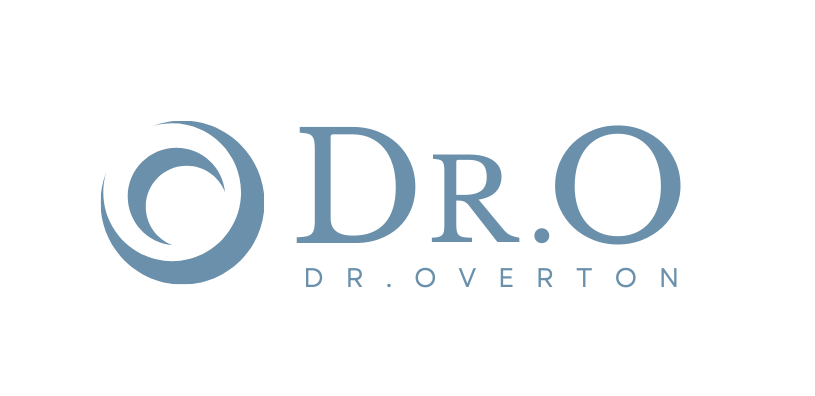Opioid addiction has become a devastating epidemic with far-reaching consequences. In this blog post, we aim to provide a comprehensive understanding of the scope and impact of opioid addiction. We will delve into the factors contributing to addiction, the health and social consequences, available treatment options, and shed light on a medication-assisted treatment program called Premier Spine Pain & Rehabilitation that offers hope and support to individuals struggling with opioid addiction.
Understanding Opioid Addiction
Opioids are a class of drugs that include prescription pain relievers, synthetic opioids, and heroin. These substances bind to opioid receptors in the brain, providing pain relief and a sense of euphoria. However, prolonged use can lead to physical dependence and addiction.
Factors Contributing to Addiction: Opioid addiction can arise from various factors, including prescription misuse, social influences, genetic predisposition, and the role of trauma. It's essential to understand the complex interplay of these factors to effectively address addiction and provide comprehensive treatment.
Prevalence: The statistics surrounding opioid addiction are staggering. According to the National Institute on Drug Abuse (NIDA), more than 10 million Americans misuse opioids, with approximately 130 overdose deaths occurring daily. These numbers highlight the urgent need to tackle this public health crisis.
The Scope of the Problem
1. Health Consequences:
2. Social Impact:
3. Economic Burden:
Introduction to Premier Spine Pain & Rehabilitation
Premier Spine Pain & Rehabilitation is a leading medication-assisted treatment program dedicated to helping individuals overcome opioid addiction and reclaim their lives. With a patient-centered approach, Premier Spine Pain & Rehabilitation combines medication-assisted treatment (MAT) with counseling and behavioral therapies to provide holistic care.
1. Treatment Approach:
2. Services Offered:
Success Stories and Testimonials
1. Personal Stories:
2. Testimonials:
Overcoming Stigma and Promoting Awareness
Partnering with Community Organizations
FAQs - Frequently Asked Questions:
- Intense cravings for opioids
- Increased tolerance, requiring higher doses for the same effect
- Withdrawal symptoms when not using opioids
- Neglecting responsibilities at work, school, or home
- Social withdrawal and isolation
- Financial difficulties due to spending money on opioids
- Changes in sleep patterns and appetite
- Mood swings, irritability, and anxiety
The duration of the treatment program at Premier Spine Pain & Rehabilitation can vary depending on individual needs and progress. Some individuals may benefit from short-term treatment, while others may require long-term maintenance. The goal is to support each person throughout their recovery journey and provide the necessary resources and guidance for sustained sobriety.
References:
- NIDA provides comprehensive information on opioid addiction, treatment options, research, and resources. It's an authoritative source for understanding the scope and impact of opioid addiction.
Substance Abuse and Mental Health Services Administration (SAMHSA):
- SAMHSA offers valuable resources, treatment locators, and publications related to substance abuse and mental health, including medication-assisted treatment.
American Society of Addiction Medicine (ASAM):
- ASAM is a professional society dedicated to the treatment of addiction. Their website provides information on evidence-based practices, treatment guidelines, and resources for both professionals and individuals seeking help.
Narcotics Anonymous (NA):
- NA is a worldwide support group that follows a 12-step program to help individuals recover from addiction. Their website offers information on meetings, literature, and support for individuals seeking recovery from opioid addiction.
- SMART Recovery is a science-based self-help program that provides tools and techniques for addiction recovery. Their website offers online meetings, resources, and a supportive community for individuals seeking an alternative to traditional 12-step programs.



COMMENTS